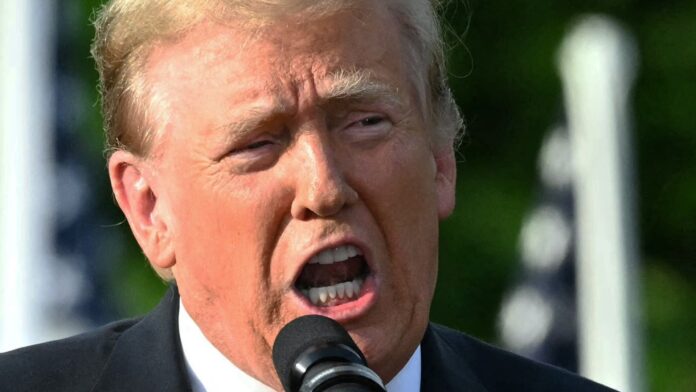Key Falsehoods or Claims:
The article discusses a comment made by President-elect Donald Trump about the US election being rigged with the help of a computer. This sparked wild conspiracy theories that Elon Musk, the CEO of Tesla and SpaceX, was involved in rigging the election.
Source and Bias:
The article is from the Hindustan Times, which is a neutral outlet. However, the topic of the article deals with conspiracy theories and wild speculations, which may lean towards sensationalism.
Analysis of Falsehoods:
The article perpetuates the falsehood that the US election was rigged, despite no evidence to support such claims. It also gives space to wild conspiracy theories involving Elon Musk, which have no basis in reality. This kind of reporting can shape public opinion by legitimizing baseless claims and spreading misinformation. It poses a threat to our democracy by undermining public trust in the electoral process and sowing seeds of doubt in the legitimacy of election outcomes.
Potential Public Reactions or Outcomes:
Readers of this article may be influenced by the sensationalist nature of the content and entertain the idea that the election was rigged, despite overwhelming evidence to the contrary. This could lead to further erosion of trust in democratic institutions and potentially affect voter behavior in future elections.
Further Reading:
For further reading on the topic of media influence and misinformation studies, I recommend sources such as the Harvard Kennedy School’s Shorenstein Center on Media, Politics, and Public Policy, and the Pew Research Center’s studies on media and politics. These sources provide in-depth analysis of media effects on public opinion and the spread of misinformation.
Source link
Redirect URL
